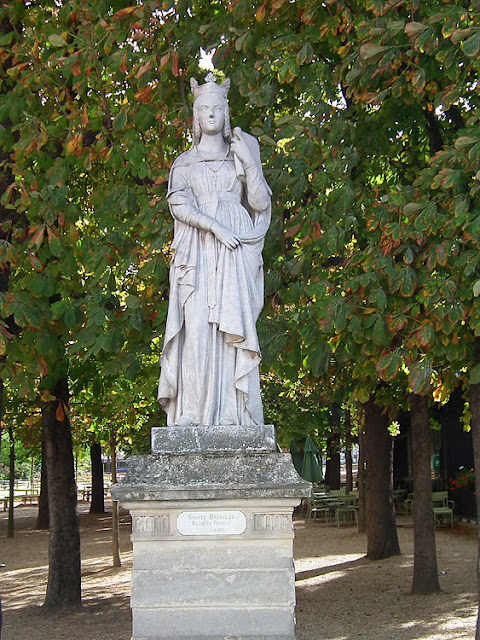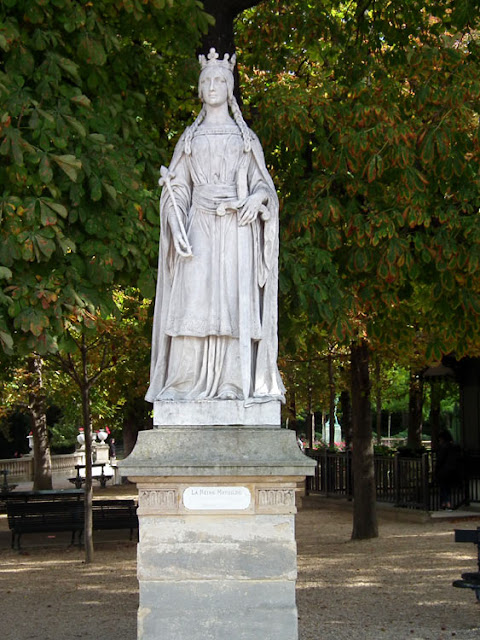It comes as a bit of a shock when stuff in your new house starts to wear out, and the past couple of months have been a bit depressing when you realise that stuff has started to wear out before the renovations are complete.
First to go were the light switches, then just before we left for Australia the bottom element of the oven gave up the ghost. Big Berta obviously knows when we are planning a break - she did the same sort of thing in 2012. Luckily we still have the mini-oven, and we weren't having to cook Christmas dinner, so repairs could wait until we got back.
So, a couple of weeks after we arrived back from Australia we called on Alex and Nicole to give us a hand sliding the beast out and trying to figure out what the problem was. Once the back sheet was off we could tell that the element had been overheating somewhat - the little plastic covers on the electrical tabs were singed and brittle. Alex used a multi-metre to test the old element and it was obvious that was where the problem lay, and that the previously replaced controller was OK. Removing the bottom plate of the oven gave confirmation.
You can see the element has sagged, and also blown out by the right hand end.
Susan contacted the manufacturer to ask about ordering a new element, but then I did some research, and found and ordered a new element from an online store. It arrived a few days later - and then a few days after that another parcel arrived, this time from Bertazzoni, and containing... an element.
Old and new - you can tell which is which
I have now replaced the old element with the new official part, meaning I have a brand new element spare (hoping I will never need it), and an oven that works.
Next step is replacing the kitchen tap, which has started leaking, and for which Ikea no longer make spare parts. Which is really annoying.
Next step is replacing the kitchen tap, which has started leaking, and for which Ikea no longer make spare parts. Which is really annoying.





















































